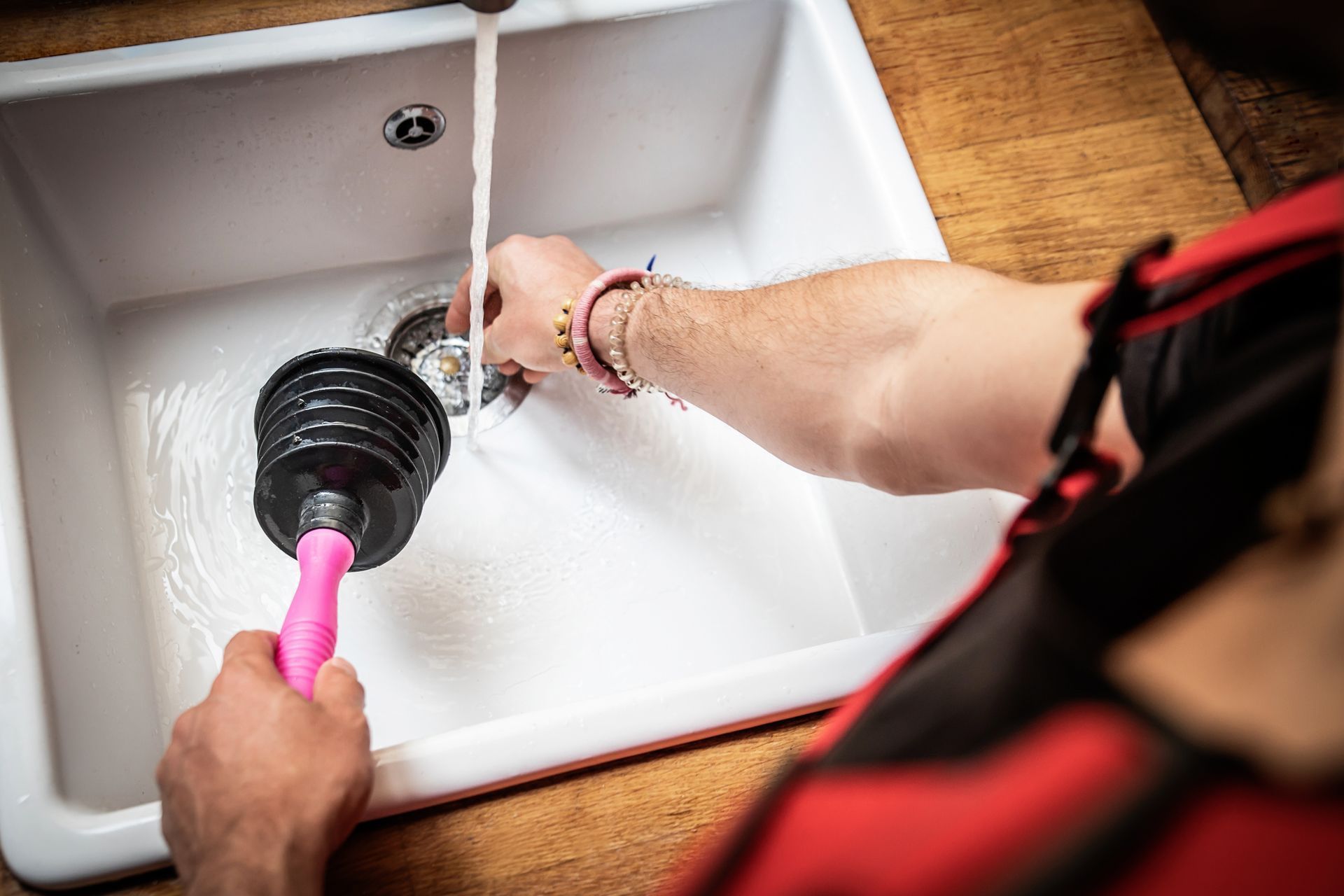Things Your Septic Tank Should Never See
Septic systems rely on a delicate balance of specific enzymes and bacteria within the tank to properly and adequately break down waste solids in the tank. When the necessary enzyme and bacteria balance is disrupted, septic overflows and clogs can occur, which are not only costly to address but unpleasant to deal with.
A homeowner with a septic system should understand septic tank best practices, including the things that should never go into your septic tank. Discover a few of the lesser-known, commonly used substances that should never see the inside of your septic tank.
Antibacterial Soap
Antibacterial soaps, both hand soap and body wash, have become increasingly popular over the last few decades. With increased focus on protecting against viruses and preventing germ spread, antibacterial soaps are marketed as an ideal solution, especially for families with children. Unfortunately, the increased use of antibacterial soap has led to septic system challenges.
As the name suggests, antibacterial soap kills bacteria. While small amounts of antibacterial soap may not be enough to affect a large septic tank, the cumulative amounts over time can.
This is especially true in homes where handwashing happens many times a day because the amount of antibacterial soap introduced to the septic tank increases with each incident of handwashing, inhibiting the proper breakdown of waste material due to insufficient bacteria.
Bleach
Bleach is a popular disinfectant option for housecleaning, and it is also a common additive to laundry. Although bleach has become so widely used and accepted, it is not always an ideal choice for homeowners with a septic tank.
Bleach disinfects, kills bacteria, and eliminates all sorts of microbes and other contaminants. That is what makes bleach solutions such an ideal option for cleaning. However, the very same benefits that make bleach ideal for cleaning are the ones that make it destructive to the septic tank.
While a small amount of bleach in a diluted application for cleaning or a small amount in one load of laundry per week may not be a drastic problem, over time, bleach can accumulate in the tank, increasing the concentration of bleach in the septic tank every time you use it.
Over time, bleach will kill the necessary bacteria and enzymes that break down waste in your septic tank, which can lead to a buildup of solid waste and eventual tank backups.
Commercial Septic Tank Additives
You can find many products on the market purported to be the next big thing for maintaining septic tank health. The septic tank additive packages might often boast big claims, including statements such as You will never need to pump your septic tank again! or Your tank will be healthier than it has ever been!
However, the majority of septic tank additives make very little difference in the conditions of the septic tank's contents, and some may even cause more problems than they help. Some chemical additives may actually disrupt good bacteria, and some may cause damage to the septic tank itself if the additive is acidic and corrosive enough.
Over time, research has shown how ineffective these additives are and how dangerous they can be to septic tank infrastructure as well as the environment. As a result, some states, such as Washington , have banned the sale and use of chemical septic tank additives other than those specifically permitted by the state's Department of Health.
Many homeowners use these items without a second thought. But the items may do more harm than good. That is why we are here. Give us a call at
O'Fallon Sewer Service
for more help. We look forward to speaking with you.








